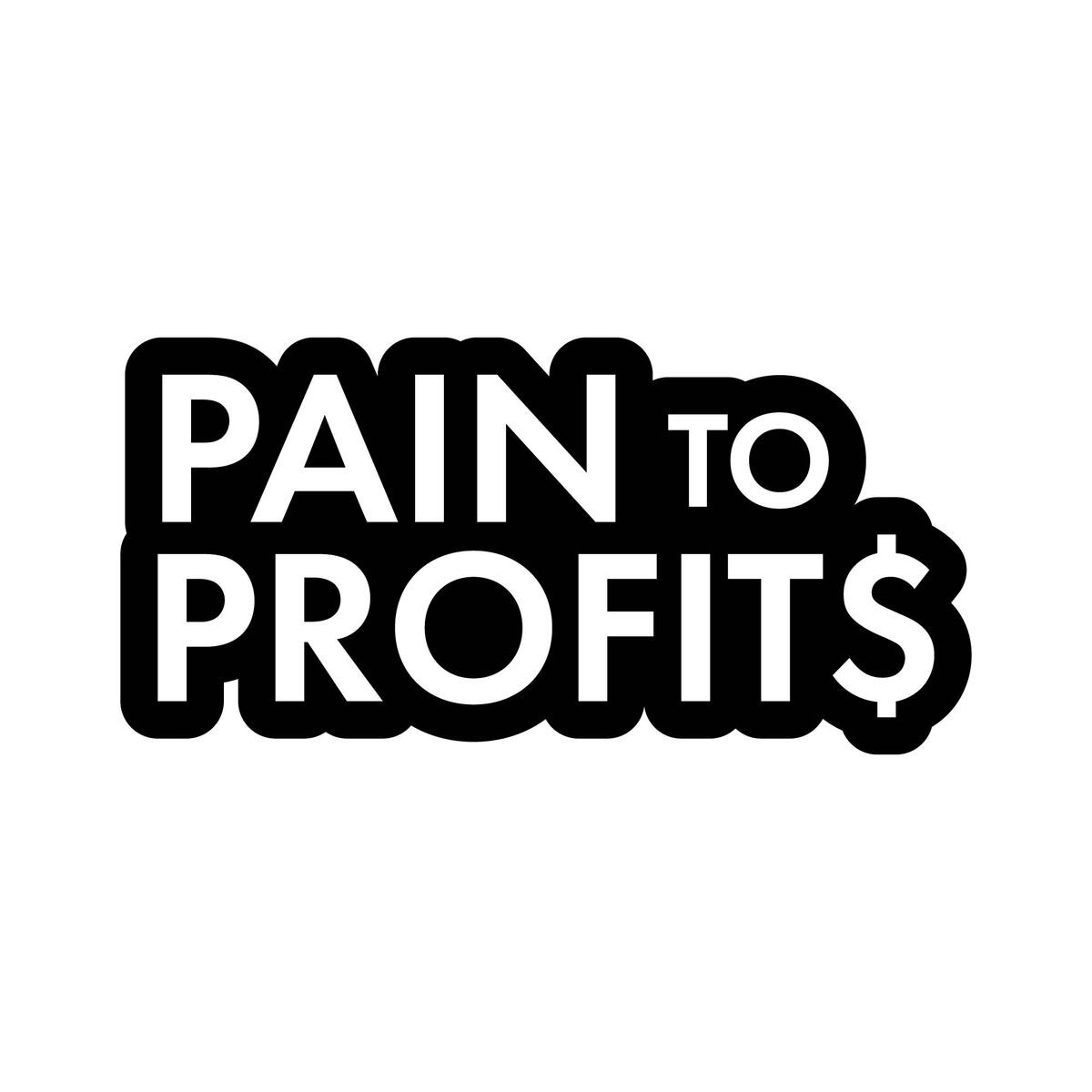
Neil Rackham is a pioneer in sales effectiveness. After graduating from the University of Sheffield, England with a background in research psychology, his academic pursuits led to groundbreaking discoveries that shaped modern selling - most notably SPIN Selling. Since then he's been prolifically churning out articles and books on successful sales practices, while also providing consulting services for more than 200 renowned organizations across the globe such as Xerox, IBM, and Citicorp through Huthwaite Inc., which he founded and leads at its helm.

But Rachman wasn't always so knowledgeable about sales. When he began his research firm in the 70s, he would travel from organization to organization selling his research services. Sales were not his forte, so he had an inconsistent close rate of about 10%. Some sales felt easy, while others felt arduous. Being a research analyst by trade, he became obsessed with knowing why! And this was the question that fundamentally change his trajectory. Through his research for the book, his team analyzed 10,000 salespeople, across 35,000 sales calls, in 23 countries to determine why people buy.
Although closing has traditionally been considered an important factor in sales success, it is actually questioning that plays the bigger role. Contrary to popular belief, there's no clear correlation between a rep’s ratio of close-ended and open-ended questions and selling results - what really matters is how well they use their queries to anticipate challenges before they arise. The most successful salespeople focus on preventing objections rather than having to handle them later!
Turning every client call into a success story requires planning, focus, and commitment. A salesperson must enter each interaction with the goal of obtaining clear outcomes -- an order placed, an advance in the process made, uninterrupted momentum towards closure, or unfortunately, no sales achieved. These four potential results are all attainable provided reps prepare properly by setting objectives before engaging their prospects.
When it comes to making big purchases, customers are looking for more than just the features and functions that a product offers—they also have expectations about how their problems will be solved. Implicit needs indicate what those issues might be while explicit needs provide customers with tangible solutions.
Highly successful salespeople have a special strategy for closing deals – the SPIN technique! It revolves around four key question types, that help guide buyers towards making a purchase: finding out about their situation, identifying any problems they may be facing, discovering implications of those issues, and finally uncovering what need-payoff awaits them by going ahead with the sale. Above all else, the most successful salespeople know what to do with the problems they uncover. Great salespeople, naturally use the problems they uncover, to help the customer more clearly interpret the implications if they don't fix it, and the payoff if they do by using your solution.

Next week I will be talking about the "Speed of trust" and connecting the dot between content marketing, trust building, and closing customers in today's digital-first market, 90% of customer research is done before you ever speak to them.
Best,
Samson
Read These Articles on SPIN Selling




➡️🙌 Help your fellow entrepreneurs level-up week-by-week, just like you. Forward this on to 3 friends you want to see thrive ➡️🙌

How did you like today's email?
Let us know what you think so we can continue to improve:
